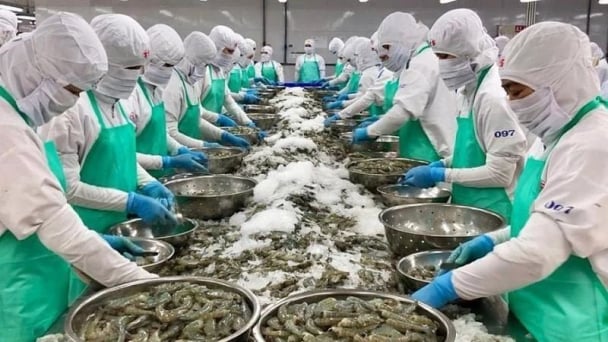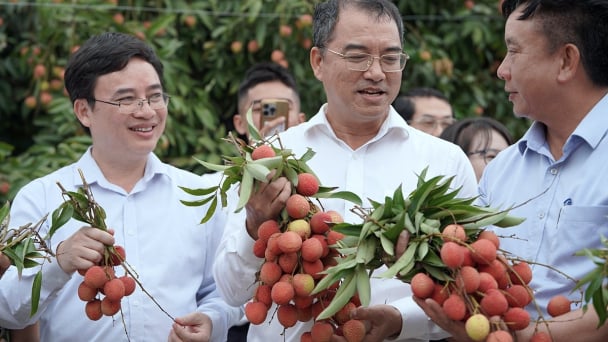June 3, 2025 | 11:38 GMT +7
June 3, 2025 | 11:38 GMT +7
Hotline: 0913.378.918
June 3, 2025 | 11:38 GMT +7
Hotline: 0913.378.918

Dr Johnson (right of center, back row) meets with representatives from Cambodian food and feed safety regulatory agencies. Photo: NPPC
The pork industries in these countries are suffering, and cutting supply is seen as the only option to attempt to make a profit. Farrowings are currently being reduced in the US.
US domestic pork consumption is low, production costs are high in both Canada and the US, and also for both nations, exports to China, South Korea and Japan are beginning to decline. Next to Mexico, these 3 countries make up the top US pork export markets. Canada exports pork, in order of highest volumes, to China, the US, Japan, Mexico and South Korea.
Population decline and reduced consumption among aging populations are to blame for export volumes starting to fall in China, South Korea and Japan. This trend is not expected to reverse, and both Canada and the US continue to develop other markets.
The market in the Philippines should remain strong for US pork exports in 2024, and may expand. The National Pork Producers Council (NPPC) has been working with the US and Philippines governments to expand market access.
On January 5, NPPC reported that the Philippines has again extended reduced tariff rates on imported pork for the third year.
The NPPC states that “the Philippines is an important Asian market for the US pork industry. With more than 109 million people and a cultural preference for pork, the island nation is a top-10 market for US pork exports. The country’s lower tariffs on pork imports have helped spur significant increases in US pork exports there.”
The tariffs were first reduced in May 2021 to help deal with a shortage of pork caused by African Swine Fever outbreaks. The Philippines also increased its import quota amount, reports the NPPC, by about 5 times, to almost 255,000 metric tonnes.
Recently, NPPC’s Dr Ashley Johnson, director of food policy, met with 6 officials of Cambodia’s food and feed safety regulatory agencies to discuss the safety of US pork. While this will help the country bring its food safety regulations in line with international food safety standards, it may also help build the export market for US pork to Cambodia by demonstrating the safety of US pork.
Among Canada’s other activities to build export markets, on February 26, Canada Pork will have a meeting with pork exporters in Mexico, Canada’s 4th largest pork export market, to determine their needs for the year ahead, and discuss other issues.
On March 19, it will send delegates to the Food & Hotel Vietnam tradeshow. In May, it will attend SIAL China.
(PW)

(VAN) The U.S. is the largest market for Vietnamese cashew nuts. However, when exports to the U.S. encounter difficulties due to reciprocal tariffs, Vietnamese cashews still have many other potential markets.

(VAN) Reciprocal tariffs present a significant obstacle to Vietnam's wood exports to the United States; however, domestic wood businesses are endeavoring to preserve their market share in this critical market.

(VAN) Businesses in Vietnam are attempting to export rice to the United States ahead of the implementation of reciprocal tariffs, while remaining their optimism regarding this critical market.

(VAN) From containers of cashew nuts, shrimp to in-depth technical dialogues, agricultural cooperation between Vietnam and the United States is entering a period of sustainable and two-way development.

(VAN) After the talks on May 28, Vietnam successfully exported its first batch of frozen durians to China, marking a new milestone in agricultural trade cooperation between the two countries.

(VAN) Several major companies, such as Red Dragon and Ameii Vietnam, have signed purchasing agreements for the 2025 season, targeting markets including Japan, the United States, and the EU.
/2025/05/30/5010-5-173638_943.jpg)
(VAN) On May 29, at the GO! My Tho Trading Center, the Tien Giang Department of Industry and Trade, in collaboration with Central Retail Corporation, held the opening ceremony of the 3rd Fruit Festival 2025.